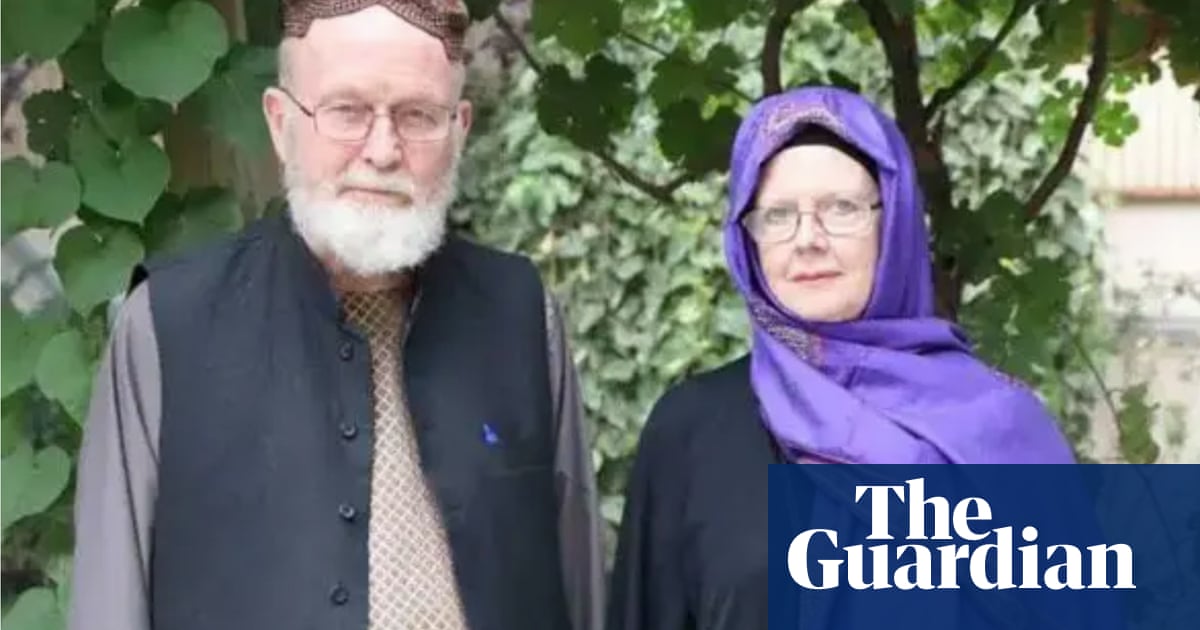MPs are hours away from deciding whether to legalise assisted dying for those with less than six months to live, in a knife-edge historic vote.
The private member’s bill, brought by the Labour backbencher Kim Leadbeater, will be debated from 9.30am on Friday in the House of Commons with a vote expected at about 2.30pm.
More than 160 MPs are hoping to speak in the five-hour debate in parliament where they will have a free vote on the bill, which provides assisted dying for those with a terminal illness and less than six months to live, subject to approval by two doctors and a high court judge.
They must have the mental capacity to make a choice about the end of their life and be deemed to have expressed a clear, settled and informed wish – free from coercion or pressure – to end their life.
With emotions running high on both sides, those running campaigns for and against assisted dying said it was very close to call.
Assisted dying has not been voted on in the House of Commons for almost a decade. It last went before the Commons in 2015 and was rejected by MPs. There was also a bill proposed in the House of Lords in 2022, which reached a second reading in the chamber.
Keir Starmer, who has been neutral on the bill, has said he will vote on Friday and campaigners are confident he will back it.
Liz Kendall, the work and pensions secretary, and Ed Miliband, the energy secretary, are expected to be among those voting in favour of the bill, while Wes Streeting, the health secretary, and Shabana Mahmood, the justice secretary, have indicated they will vote against.
In her final interview before the vote, Leadbeater urged her colleagues to support the principle of bodily autonomy. She said: “I think we will look back in 10 years’ time and think, ‘why didn’t this happen sooner?’ I think then people will have to look back and think about how they voted.”
Leadbeater told the Guardian the fight for assisted dying was akin to the women’s rights movement to allow a woman’s right to choose to have an abortion – and that terminally ill people should be given similar rights over their bodies.
after newsletter promotion
She has promised MPs that detailed work will begin by civil servants and ministers on the potential impact of the bill saying there was “time to work on getting this right”. The measures in the bill will have two years to be implemented.
Government sources said that a minister would be put on the bill committee and amendments could be made – but it will remain a private member’s bill and not become a government one. Terminally ill patients in favour of the change and disability activists who are against will hold counter rallies.
At least 100 MPs are said to still be undecided on the vote and a number are expected to abstain or will make their choice in the chamber itself. Many of the bill’s opponents have raised significant concerns over the bill’s process, saying that the time for debate in the Commons was curtailed because of the nature of a private member’s bill.

 2 months ago
48
2 months ago
48













































